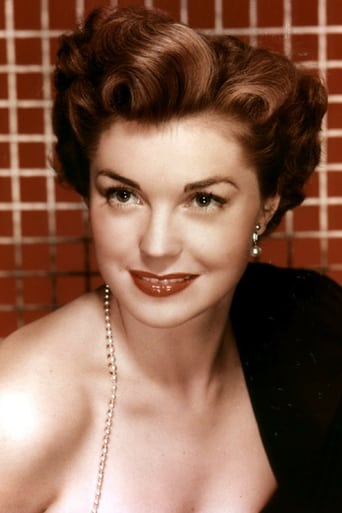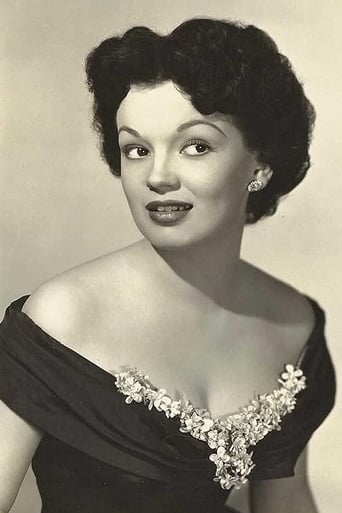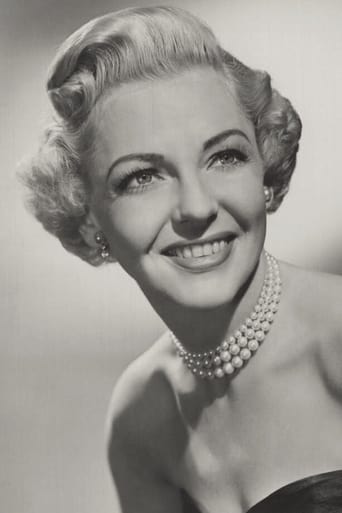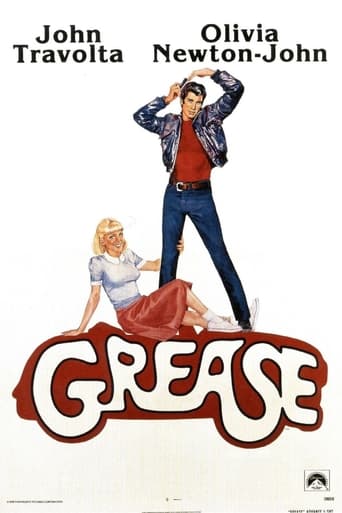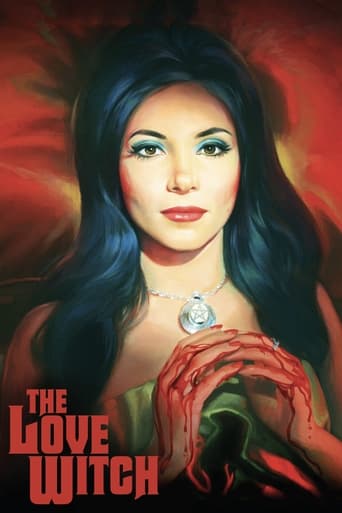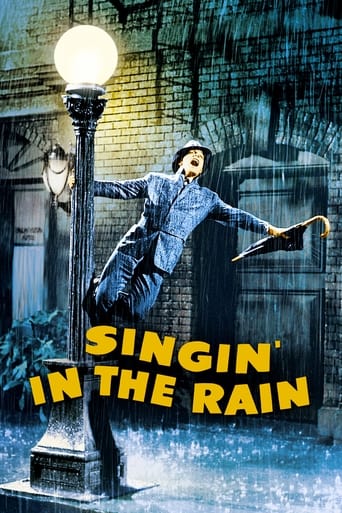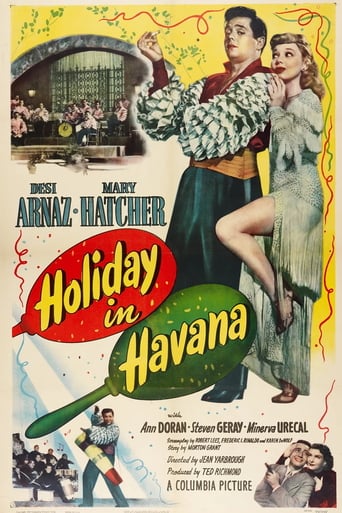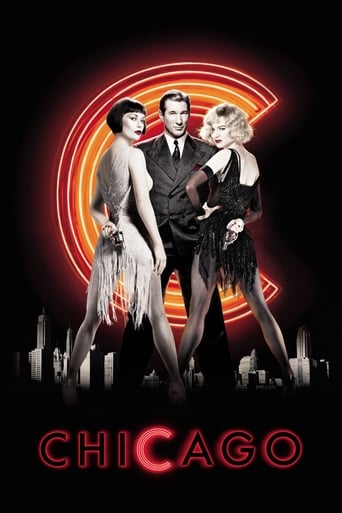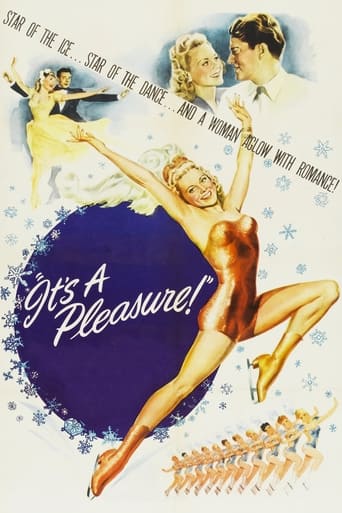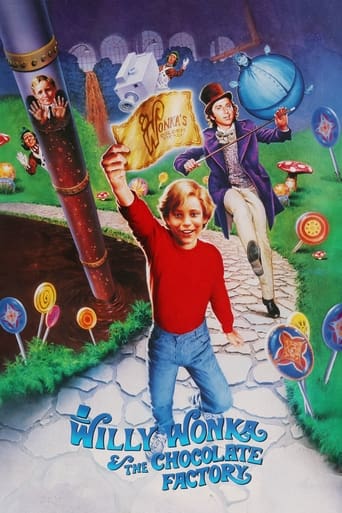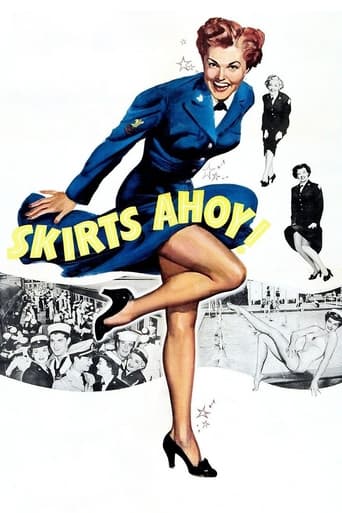
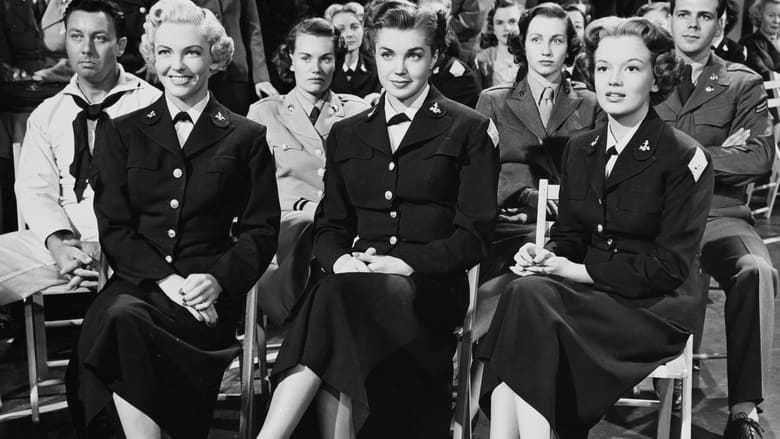
Skirts Ahoy! (1952)
Three young ladies sign up for some kind of training at a naval base. However, their greatest trouble isn't long marches or several weeks in a small boat, but their love life.
Watch Trailer
Cast


Similar titles
Reviews
Diverting bit of fluff from MGM about three women who join the WAVES (Women Accepted for Volunteer Emergency Service) to get away from their respective man troubles. One (Joan Evans) was left standing at the altar, one (Esther Williams) left someone standing at the altar, and another (Vivian Blaine) never got to the altar. The women go through training, singing and having fun along the way, until they get down to the important business at hand: landing a man.Vivian Blaine keeps things moving with her energetic performance. Joan Evans starts out being a terribly depressing character but she has a good turnaround about a half-hour in. Esther Williams seems to be going through the motions; not bad but not remarkable in any way. Barry Sullivan plays her love interest. The two have no chemistry at all. The DeMarco sisters are fun to watch. Debbie Reynolds has a cameo in a dance routine. Emmett Lynn is a scene stealer as Pop the plumber. The song and dance numbers are nothing to write home about. At least one of them ("What Good is a Gal without a Guy?") is downright embarrassing. Still, it's a hard movie to dislike. Everything is light and frothy with an enjoyable trio of stars. The highlight of the whole thing is (not surprisingly) Esther's big swimming scene, this time with a couple of cute kids.
Apparently I must be the only one that loves this movie and everything about it. As a child I watched nothing but musicals and I had many favorites. They didn't all have to be perfect but each one was very special to me in their own unique way. "Skirts Ahoy" is one of my all time top favorites and I use to watch it over and over. I use to entertain everyone with my quotes and humorous reenactments of the musical scenes. "Skirts Ahoy" stood out to me as different from the rest and to me there was something very special about it. I think there is so much humor in this movie and a very real side of relationships and life lessons. This movie is very dear to my heart and I haven't seen it in so long. For everyone that dislikes this movie, please let me know if it is ever on TV and I will be happy as a clam to sit and enjoy every second of it while everyone else goes to bed ;)
This post-WWII film is very dated. The women recruits sing a song about how 'women are nothing without a man'. If you can put this sort of sentiment in the context that it was created, this film has a few things to recommend it. There are a few good musical numbers, and lots of camp humour. It's hilarious that none of the military personnel are ever shown doing anything remotely militant. The Navy is depicted as a social event, with shows, synchronized swimming, dating, hijinks.The DeMarco Sisters contribute a few nice moments to this brief, shallow movie. They harmonize nicely, and perform with enthusiasm.The movie is a mildly entertaining snapshot of the early Fifties, when America was still preoccupied with the war even while it was starting to focus its gaze on the changing relationship between the sexes.
Isobel Lennart wrote "Skirts Ahoy," which is apparently a minor musical in Esther Williams' catalogue. True, it's not dominated by flashy, brassy, spectacular numbers with fountains and trapezes to distract us from the inconsequential story--but rather by the character-driven story with a few modest, distracting numbers. Like Lennart's other scripts I've noticed, including "It Happened in Brooklyn," it's characterized by modesty, sympathy and intelligence. In fact, it looks like someone at the studio decided it needed spicing up because there's a gratuitous number dropped in that looks like it was shot later; it stars an unbilled Debbie Reynolds, Bobby Van and Keenan Wynn.Lennart's scripts are about co-operation and consideration among characters, instead of external conflict and egocentric desires. Three diverse women become WAVES and learn to look out for each other as "good shipmates." It's kind of a bildungsroman where the girls grow up to be new mature adults. The message is spelled out at their graduation when the commander says "You've learned what many girls never have a chance to learn, that there are other people in the world besides yourself, that women don't have to be dependent weak sisters, catty, backbiting, or the natural enemy of each other. In other words, that women can be friends." She's really speaking less to the women than to the film audience. You might think that's a typical wartime message, but it's quite different from how it might have been put: pulling together for the good of the country so our boys can do the tough fighting, etc. The point is about the nature of women and what it means for them, and nothing "larger" than that.Most pertinent is the education of the male lead, Esther's boyfriend, who's almost a supporting character. His conflict is typical of a thousand other movies. He resents Esther's forwardness, he feels his masculinity threatened, and he even speaks in terms of being the hunter chasing rabbits. At this point, in any other movie, she would get in a huff, then learn her lesson and either switch roles demurely, resigning herself to being feminine, or at best "subvert" the lesson by pretending to let him think he's in charge. What does Lennart have her do instead? She takes no for an answer, drops it and never comes near him again. Then at the end, to "finish it" and clear the air before she ships out, she gives him this speech: "I came to apologize. I've been a nuisance and I'm sorry. You see, I thought all you had to do was ask for something and you'd get it. It's always worked before." He says "I wish the whole thing had happened differently." And she says "But I wouldn't have acted any differently. I thought for a while that I could change, that I could try being coy and run and maybe you'd chase me. But I'm really hopeless, completely unteachable, cause if I could get you that way, I wouldn't want ya. I'm not apologizing for the way I acted. That it bothered you, that's what I'm sorry about. I still believe in asking for what I want. What I've learned is not to count on getting it. But that's a lot to learn. It makes things, well it makes things more interesting, if not much fun. Well, goodbye." Of course, this brings him to his senses.Now I ask you: how often do you hear a woman saying something that mature and self-possessed in a studio musical? She's not playing any game, getting emotional, saying she did anything wrong or asking him to forgive her. It was amazing to hear. It indicates that the movie is as much or more about his (and the audience's) education as the gals'. This is aided, as usual, by the helpful behavior of minor characters whom you might think would be antagonistic--the female commander, a gruff officer in a theatre and Esther's uncle. Lennart's world is a warm, supportive one.A typical Lennart grace note is Pop, the old plumber who has four scenes. His entire function as a plot device is served in his first scene, when Esther asks his advice about something. Then she runs across him again in the hall when feeling lonely and out of the blue asks him to dance, so they waltz gently around the corridor.


